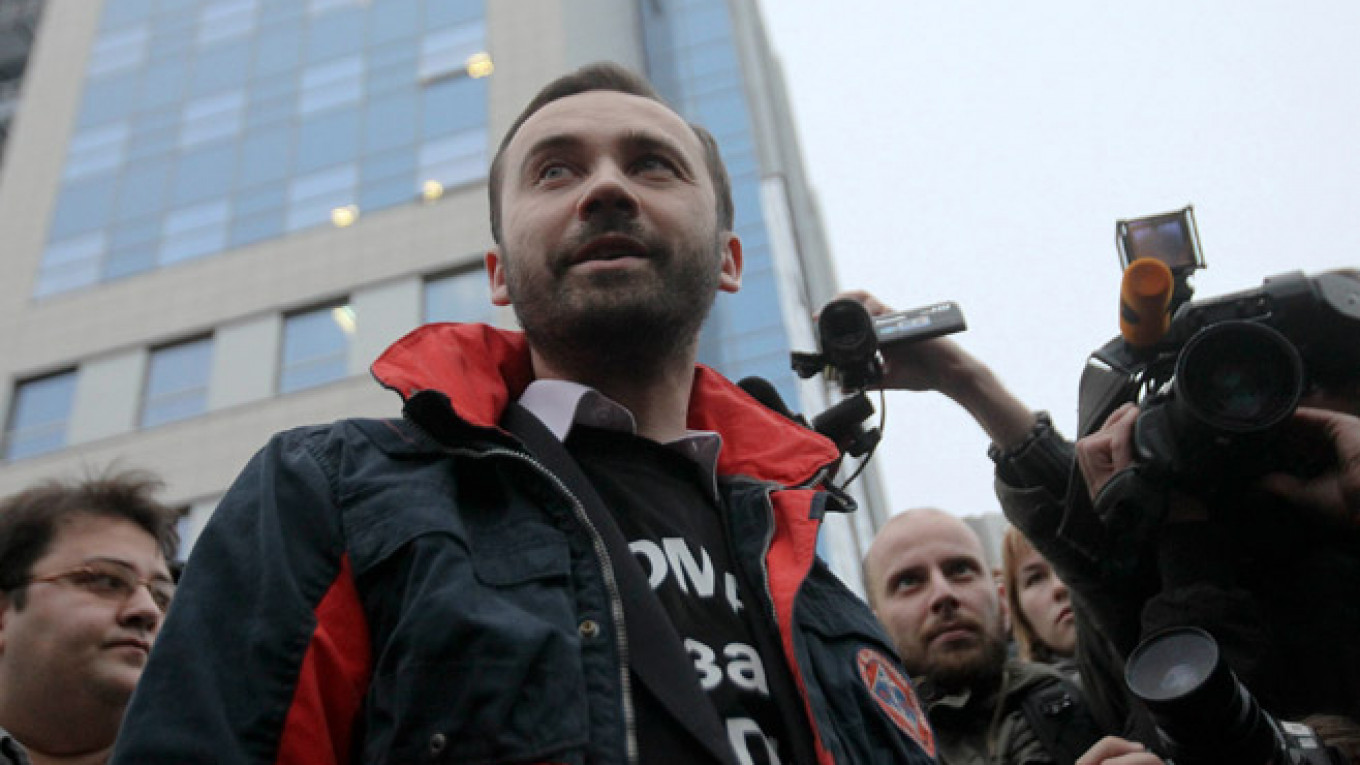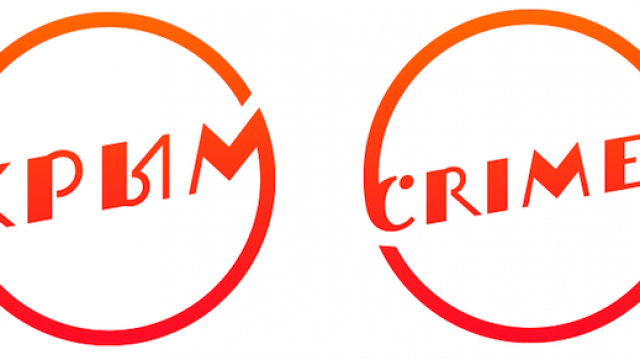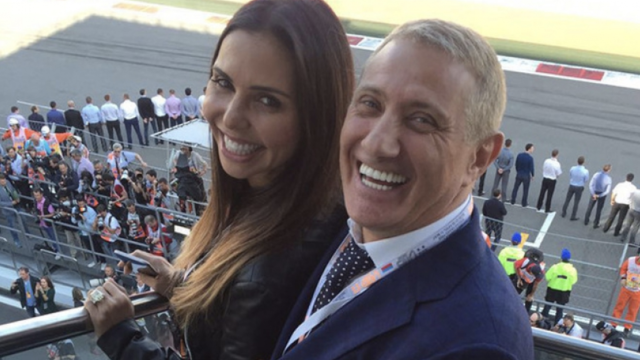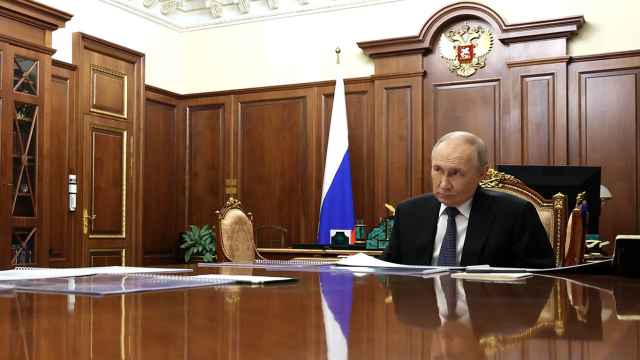Russia's parliament voted on Tuesday to strip the only deputy who voted against last year's annexation of Crimea of his immunity from prosecution as a lawmaker.
State prosecutors had asked the State Duma lower house to deprive opposition deputy Ilya Ponomaryov of his immunity, opening the way for him to face possible embezzlement charges.
Ponomaryov, who is now in the United States and is one of the last remaining critics of President Vladimir Putin in the chamber, says the case against him is politically motivated.
He faces an investigation over his work for a state-funded technological foundation, and has been under increased pressure since he alone in the 450-seat Duma voted against the annexation of Crimea from Ukraine.
"I have already given testimony to the investigators in this case and have nothing to add," Ponomaryov told Russia's RIA news agency. "I myself was interested in the truth being established in this case. I had the impression it had already been done so."
Ponomaryov, who won his seat from Russia's third-largest city of Novosibirsk, helped organize protests against Putin in the winter of 2011-12. Since then, the opposition says Putin has set out to silence dissent, a charge the Kremlin denies.
Ponomaryov, 39, says Russian authorities have prevented him from returning home since August, when he first went to the United States on a business trip, and have blocked his bank accounts.
A physicist and businessman, he says his wife is also abroad but his children are staying with their grandparents in Russia.
While in the United States, Ponomaryov has campaigned for extending Washington's sanctions imposed over Moscow's role in the turmoil in Ukraine to include more Russian state officials.
The conflict in Ukraine has brought ties between Russia and the West to their lowest level since the Cold War. But Putin has whipped up nationalist sentiment at home where opinion polls show his ratings are at or near record highs.
Putin has tightened his grip on power since the protests three years ago, leaving little room for a fractious opposition that has all but failed to challenge him during his third term.
Several prominent opposition leaders, including former oil tycoon Mikhail Khodorkovsky, have fled the country, while many others, like anti-corruption blogger Alexei Navalny, have faced court cases or jail.
Another top opposition figure, Boris Nemtsov, was shot dead near the Kremlin on Feb. 27. Supporters paid tribute to him on Tuesday, 40 days after his death, by laying flowers and lighting candles on the bridge where he was killed.
A Message from The Moscow Times:
Dear readers,
We are facing unprecedented challenges. Russia's Prosecutor General's Office has designated The Moscow Times as an "undesirable" organization, criminalizing our work and putting our staff at risk of prosecution. This follows our earlier unjust labeling as a "foreign agent."
These actions are direct attempts to silence independent journalism in Russia. The authorities claim our work "discredits the decisions of the Russian leadership." We see things differently: we strive to provide accurate, unbiased reporting on Russia.
We, the journalists of The Moscow Times, refuse to be silenced. But to continue our work, we need your help.
Your support, no matter how small, makes a world of difference. If you can, please support us monthly starting from just $2. It's quick to set up, and every contribution makes a significant impact.
By supporting The Moscow Times, you're defending open, independent journalism in the face of repression. Thank you for standing with us.
Remind me later.






